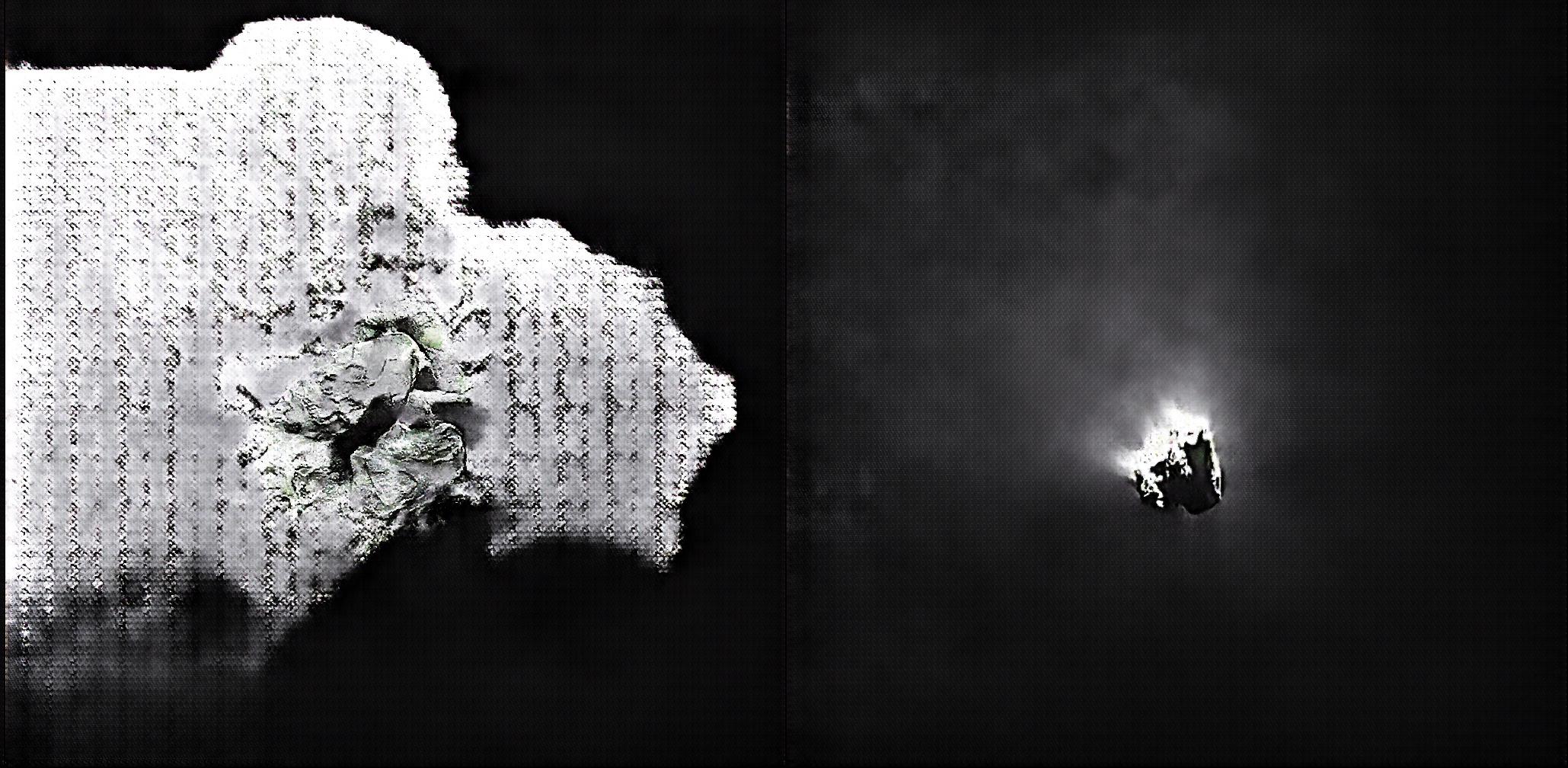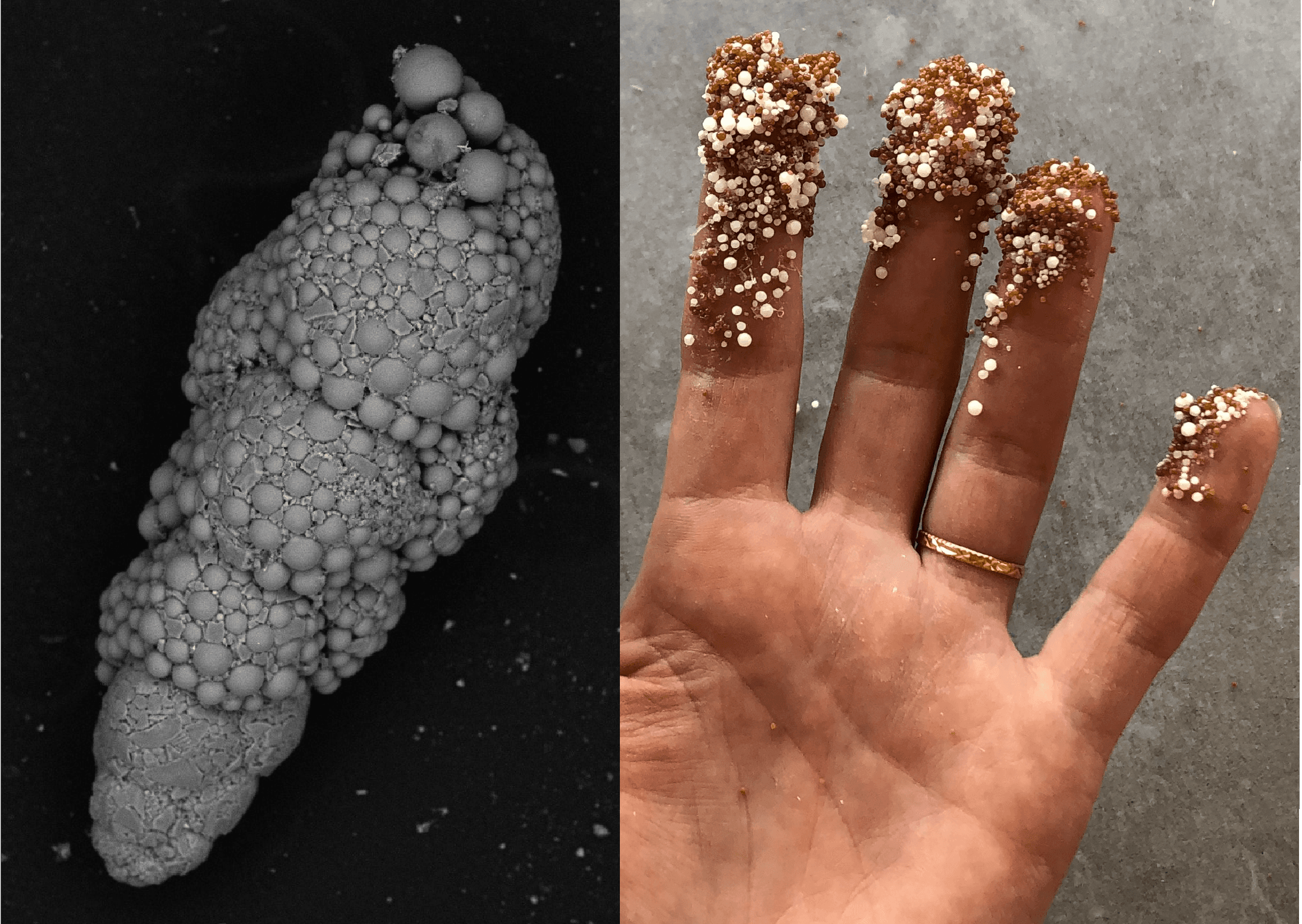The AI Culture Lab organises a symposium about environmental intelligence at the planet B outpost at Amsterdam Science Park. The symposium invites artists, researchers and others that are interested in themes such as space, technology and environment to join.
Programme
Space
10.00 - Miha Tursic, Waag
10.15 - Danny Hetharia, Sobolt
11.00 - Kyriaki Goni, artist
11.45 - Antti Tenetz, artist
12.30 - Discussion
13.00 - lunch
Environment
14.00 - Chris Julien, Waag
14.15 - Theun Karelse, artist
15.00 - Flavia Dzodan, Sandberg Instituut
15.45 - Špela Petrič, artist
16.30 - Aestetics of exclusion
17.00 - organised transport from Science Park to Waag
Exhibition
19.00 - opening of Expedition to planet B exhibition at Waag.
Do you want to take part? Send an email to planetb ⟨ at ⟩ waag.org to register for free (limited space available).
About the symposium Environmental Intelligence
Artificial intelligence (AI) is a mainstream term describing the scientific study of intelligence demonstrated by machines, in contrast to the natural intelligence of humans and other animals.
In discourse, it is clear that when it comes to the concept of intelligence, the sole unit of measure is human. However, cognition is one of the fundamental features of life. Common to all organisms and on all levels is an expression a specific kind of intelligence - a means to perceive the environment and take actions that maximise the chance of success at achieving goals.
We can argue that intelligence is influenced by environment and that environmental conditions affect different forms of intelligent behaviour at both the evolutionary and individual entity scales. In the context of climate change, the environmental influence on the individual and social life is overwhelming and full of established power relations.
We propose to use the term Environmental Intelligence, as an intelligence attributed to living systems larger than individual entities. Since rivers, forests, oceans and clouds could be recognised as hyperobjects or even legal persons, we can also identify their capacity to act according to their agencies. In environmental intelligence, computer code is replaced with chemical and biological reactions spanning numerous scales. During the symposium, we would like to explore the notion of environmental intelligence, and discuss ways to further study it.
This symposium is made possible within the European ARTificial Intelligence Lab, with support of the Creative Europe programme of the European Commission, Mondriaan Fund and the public-private partnerships allowance for Top consortia for Knowledge and Innovation (TKIs) from the Ministry of Economic Affairs.


